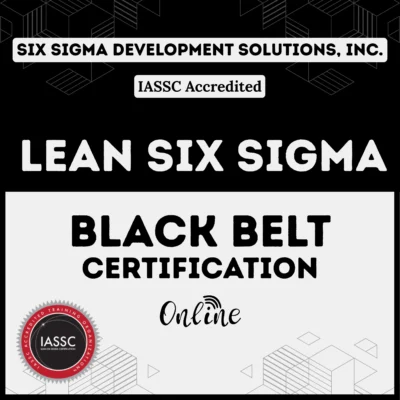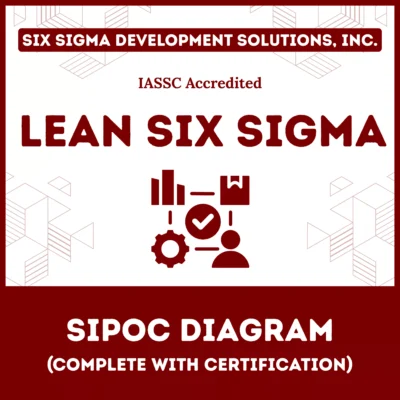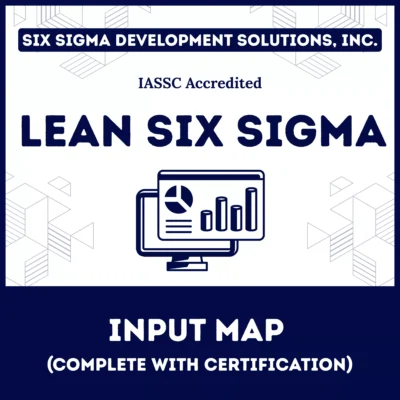Job shop production is a manufacturing method characterized by the assembly of multiple custom orders in small quantities.
As opposed to conventional production lines that make identical items sequentially, job shops boast highly versatile manufacturing processes capable of producing multiple products in short order. Their adaptability has made job shops indispensable components of industries that rely heavily on custom production.
Table of contents
Definition of Job Shop Production
Job shop production is an approach to manufacturing that specializes in producing small batches of custom-tailored products to customer specifications. As opposed to large-scale production lines, job shops typically feature more variety with lower volumes; making them both highly flexible but challenging to manage.
Key Characteristics of Job Shops

- High Variety and Low Volume Production: Job shops specialize in producing a range of goods in small quantities for custom orders or otherwise diverse products.
- Multi-Purpose Equipment: Job shops require equipment with broad applications that is flexible enough to address their diverse tasks and needs. General-purpose equipment provides this flexibility.
- Skilled Workforce: Job shops require highly skilled employees capable of handling various duties to meet the unique and often varied requirements for every project. This necessitates highly versatile workforce members.
- Planning: Due to the custom nature of orders, meticulous planning is vital for maximizing efficiency with regard to resource utilization and meeting delivery deadlines.
- Inventory Management: Job shops usually keep large inventories of materials and tools on hand in order to fulfil custom orders quickly and efficiently.
Examples of Job Shops
Job shops are prevalent across various industries, including:
- Machine Shops
- Fabrication Shops
- Tool and Die Shops
- Custom Woodworking Units
- Repair Shops
- Laboratory
Management Challenges

Managing a job shop involves navigating several challenges due to the inherent variability and unpredictability of custom orders. These include:
- Order Complexity: Each job may have unique material requirements, processing sequences, and timelines.
- Resource Allocation: Efficiently assigning resources like machines and workers to various tasks is a constant balancing act.
- Lead Time Management: Predicting and managing lead times is difficult, particularly when new orders can vary significantly in their demands.
- Inventory Costs: Maintaining an inventory that can meet diverse order requirements without excessive holding costs is challenging.
- Setup Times: Frequent setup changes are required due to the variety of jobs, which can be time-consuming and costly.
Advantages of Job Shop Production
- Flexibility: Job shops provide customers with an assortment of products, making them highly responsive to customer requirements.
- Skill Development: Employees gain valuable skills by working on different projects.
- Innovation and Resource Utilization: Job shop production often leads to innovation and creative problem-solving.
- Resource Utilization: General-purpose machines and skilled workers can be put to their full potential use.
Disadvantages of Job Shop Production
- High Costs: Frequent setup changes and high inventory requirements add to higher production costs.
- Complex Planning: Proper planning must be executed to effectively oversee the production process, which may require considerable resource allocations.
- Long Lead Times: Customization increases lead times significantly, often creating longer and more variable lead times than expected.
- Resource Bottlenecks: Job requirements can often lead to bottlenecks that inhibit efficiency – creating downtime that harms overall efficiency.
Strategies for Improvement
Several strategies exist that can help improve job shop management:
- Lean Manufacturing: Implementing lean principles can reduce waste and improve efficiency in manufacturing facilities.
- Theory of Constraints (TOC): Paying close attention to the most pressing bottlenecks can dramatically improve productivity. By targeting key hurdles in production processes, TOC allows companies to increase throughput.
- Quick Response Manufacturing (QRM): QRM is an approach designed to shorten lead times throughout an organization, which can be especially advantageous in job shops with high-variety production lines.
- Advanced Planning and Scheduling (APS): Utilizing an APS system can assist with better planning and resource allocation, helping reduce bottlenecks while improving overall efficiency.
Final Words
Job shop production is an integral component of modern manufacturing, offering manufacturers the flexibility they need to produce customized goods in small quantities.
While managing job shops may present unique challenges due to their complexity and variability, adopting effective strategies and technologies can significantly increase their efficiency and effectiveness.


















